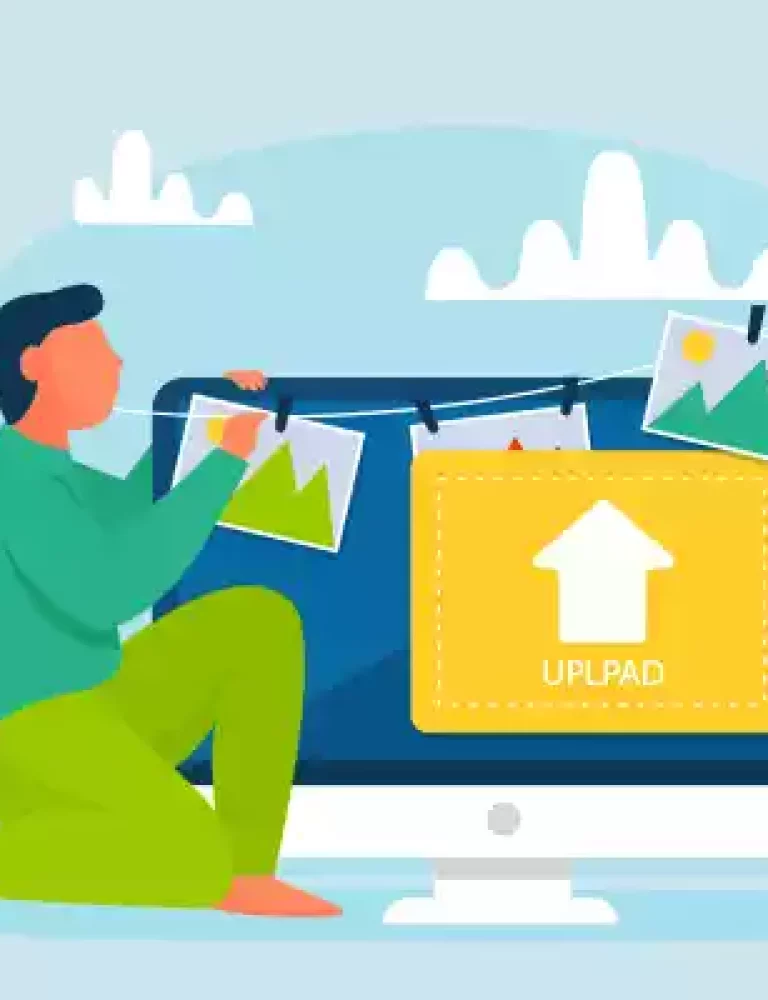A decade ago, education publishers were faced with a dilemma where they had to choose between paper books and eBooks. Publishers who have been designing and developing printed textbooks for years were suddenly facing a wave of technological invasion all around.
They figured that adapting to this digital revolution would be better for their business. And that is the reason why a lot of online education publishers have shifted towards eBooks. This decision has proved beneficial not only for them but for students as well.
eBooks have a lot more to offer than physical books. When Amazon introduced Kindle, they may not have known the impact their product eventually would have on the education industry. The purpose of eBooks in schools and universities is to make learning more engaging and reading more comfortable for the users.
Hence, these devices come with a lot of features and functions that a printed book cannot provide.
Educational institutes have started incorporating eBooks into classrooms as part of the curriculum. Now, the question that arises is whether textbooks should be completely replaced by eBooks? Publishers are often questioned about the future of books in the digital age.
Well, they do have a good reason to say that print is still flourishing, but it seems like the future of books is mostly digital.
Top 11 Benefits of eBooks over Physical Printed Books -
1.Ebooks are Portable:
While physical books are heavy and cumbersome to carry around, eBooks are quite portable. With multiple eBook readers available today, students have the liberty to choose whichever device they like. They come in different sizes and do not weigh more than a few grams. Hence, they are easy to carry.
Not only are they light in weight, but they can also store thousands of book titles. Students can carry just one eBook reader which contains all their syllabus contents. All the topics can be categorized and organized systematically. It’s like a small portable library for students.
2.Allows Flexible Reading:
eBooks provide students with the luxury of reading the content anytime and anywhere. As they are easy to carry, students can always keep it with them and access the content during breaks, while traveling etc. While printed books take quite a lot of space in their bags, and carrying multiple books everywhere is not something that students would prefer, eBook seems like a convenient option.
3.Enables Offline Reading:
E-books do not require a constant internet connection. The course contents can be accessed even in offline mode. Students can download the content and save it for reading later. This feature is quite useful for students who do not have access to a full-time internet connection or who live in an area with a poor network connection. Allowing 24×7 access to content helps them study their course material anytime they want.
4.Students can Customize the page:
A print book always comes with a standard font size and style. There’s nothing that students can change about its appearance. Whereas in an eBook, one can change the font style, the size of letters, background light, and brightness as per one’s own convenience.
This helps students to read comfortably indoors and outdoors. eReader with anti-glare screens enables comfortable reading even in the sunlight. Students can also read in the dark by opting for an eye-protection mode. These are some features you wouldn’t find in a physical book.
5.Students Can Share content:
Students often lend or borrow books, and for that brief period of time, they have to stay separated from their books. An eBook allows students to virtually share their books with the help of share feature. This enables students to share content and annotations with their peers or send reference links of content that they find important. This feature promotes collaboration among students.
6.Promotes Social Interaction:
Ebooks allow interaction among other students and teachers by way of its social features. It allows them to have debates and discussions on online forums, promoting a healthy way of online communication. It gives them a platform to ask their doubts, come across different perspectives, and raise questions.
7.Access to Updated Content:
In case of a physical book, you would have to reprint the entire book if there are any latest updates to be included. It is a time-consuming process and it is not feasible to keep reprinting copies every time there’s a new update. The contents of an eBook are cloud-based. And hence, whatever changes you make on the cloud will be immediately reflected in all students’ eBooks. This saves your reprinting costs.
Guide:
How To Create An Interactive eBook
8.Multiple Interactive Features:
An eBook is said to be interactive because it is developed keeping the young learners in mind. We know that people nowadays have a short attention span and that it is becoming increasingly difficult to keep them engaged and focused on one thing. And hence, publishers are incorporating images, audio, and videos into eBooks. These interactivities keep the students engaged in the learning process and help them retain the information better.
9. Learn while Listening to Audio:
Many eBooks are embedded with a read-aloud feature. This text-to-speech feature is especially helpful for students who are visually impaired or have a learning disability. Students can even utilize this feature while they are multitasking. They could be driving or walking while listening to their course content.
10. Cheaper than Printed Books:
Technology is always considered to be expensive. But, in the case of eBooks, they are actually cheaper than physical books. In spite of having so many additional features, creating an eBook will cost you less than printed books.
In print publishing, there’s a lot of cost factors involved. Purchasing printing paper, designing the format and the covers, printing costs, packaging, and shipping. With all these costs out of the picture, an eBook becomes quite affordable for students to purchase and for publishers to develop.
11. eBooks are Environment-friendly:
Preventing millions of trees from being cut down each year will ensure that you are doing your bit for our environment. Paper book printing leaves an enormous amount of carbon footprint. You can avoid that by opting for eBooks.
An eBook does not diminish the importance of having an instructor in class. It only aids the learning process by creating a compelling learning environment. It allows students to interact with their study materials outside the classroom.
As kids these days are glued to their smartphones and tablets, they find it convenient to refer to their study materials on their digital devices. And to keep them interested and engaged, publishers are embedding multiple interactivities and customizable features to suit their needs.
Do people often ask whether printed books will become obsolete in the future?
Print books will not become obsolete, but when you have a much more efficient option, why not use them instead? Switching from physical books to electronic books is beneficial not just for the students, but also for you as a publisher.
eBooks have proven that they are more engaging and interactive than printed books. Considering all the benefits that a digital book offers, publishers and education institutes must try and utilize them as much as they can to provide a good learning experience to students.
Conclusion
In recent years, the rise of e-books has led to speculation about whether they will eventually replace physical textbooks in higher education. While ebooks offer several advantages over traditional textbooks, such as convenience and accessibility, there are still some important factors to consider, as discussed above.
However, there are some potential drawbacks to ebooks. For example, some students may find it difficult to concentrate while reading on a screen for an extended period of time. Also, not all students may have access to the technology needed to access ebooks, which could create disparities in learning opportunities.
Despite these factors, it seems likely that ebooks will continue to play an important role in higher education. Many universities and colleges are already integrating e-books into their curriculums, and as technology continues to advance, ebooks will likely become even more accessible and user-friendly. However, it is unlikely that physical textbooks will be entirely replaced by e-books, as there will always be some students and educators who prefer the feel of a physical book in their hands.
In conclusion, while ebooks are likely to become more common in higher education, they will not completely replace physical textbooks. Both formats have their advantages and disadvantages, and it is ultimately up to individual students and educators to decide which format works best for them.
Contact our expert team now and get started!
To know more, write to us at kitaboo@hurix.com
Suggested Reads:
- Benefits of a White Label eBook Platform for Publishers
- 8 Best eBook Hosting Platforms for Digital Publishing
- How to Create a Custom eBook App to Reach a Wider Audience
- Top 7 Advantages of ePUB over PDF
- Top 11 eBook Apps for Education
- Advantages of eBooks Over Printed Books
- Why are ePub Textbooks Better Than PDF?
- Benefits of Interactive eBooks for Better Performances
- How to Make Interactive Training Program for Retail Employees
DISCOVER HOW AN INTERACTIVE EBOOK PUBLISHING & DELIVERY PLATFORM CAN HELP YOU
Kitaboo is a cloud-based content platform to create-publish & distribute interactive mobile-ready ebooks.
You May Also Like








